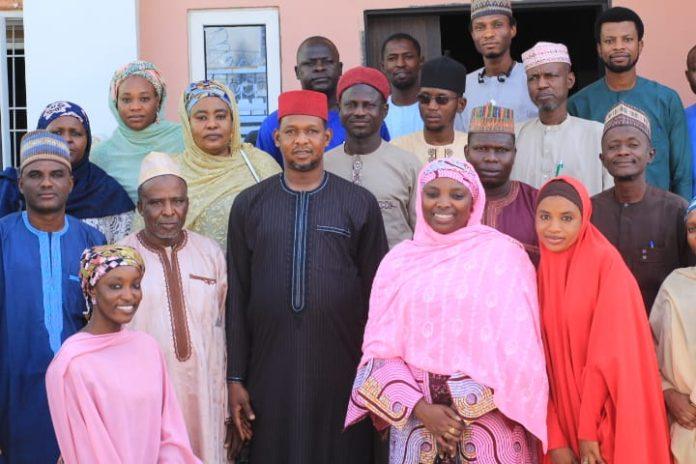
The Centre for Information Technology and Development (CITAD) has inaugurated the maiden edition of its Digital Tech Policy Forum, aimed at advancing dialogue towards establishing a comprehensive national Artificial Intelligence (AI) policy framework for Nigeria.
Held in Kano State, northwest Nigeria, under the theme “Towards a National AI Policy,” the forum convened academics, policymakers, and technology professionals to address ethical, governance, and infrastructural challenges shaping Nigeria’s digital transformation.
In his opening remarks, CITAD’s Executive Director, Dr Yunusa Zakari Ya’u, said the initiative seeks to create a continuous interface between policymakers, academia, and civil society on emerging digital issues.
“Our goal is to ensure that technology policy in Nigeria is not reactive but proactive,” Ya’u stated. “This Forum will serve as a bridge between research and policy, ensuring innovations like AI are guided by ethics, inclusivity, and human-centred values.”
He added that the Forum would convene monthly to deliberate on key digital policy concerns, emphasising that a robust and inclusive AI framework is essential to building public trust in technology-driven governance.
Panel discussions underscored the absence of a national AI policy, infrastructure deficits, ethical dilemmas in academia and the media, and concerns over data privacy and algorithmic bias.
Dr Hadiza Umar, Head of the Department of Computer Science at Bayero University, Kano, noted that the rapid adoption of AI across sectors necessitates urgent policy intervention.
“AI is transforming education, health, and agriculture, but without regulation, it risks deepening inequality,” she cautioned. “Nigeria needs a roadmap that balances innovation with accountability.”
Similarly, Engr Rabi’u Haruna, former Chairman of the Kano Chapter of the Association of Professional Bodies of Nigeria (APBN), called for closer collaboration between government, academia, and industry.
“Policy without professional input will not work,” he said. “The government must listen to experts if we truly want an AI ecosystem that benefits Nigerians rather than exploits them.”
Dr Sanah Abdullahi Mu’az of Bayero University’s Software Engineering Department raised concerns about the misuse of AI tools in education.
“We are already witnessing AI-enabled plagiarism among students,” she said. “Universities must adopt clear AI-use policies to safeguard academic integrity while promoting responsible innovation.”
Providing a policy perspective, the Kano State Commissioner for Science, Technology and Innovation, Dr Yusuf Ibrahim, announced the state’s plan to develop a Hausa-language AI chatbot designed to serve local communities.
“This initiative brings AI closer to the grassroots,” Ibrahim explained. “We are developing a tool that farmers, students, and traders can use in their own language to access information on health, education, and commerce.”
He further pledged that the ministry would designate a permanent representative to the forum and establish a committee to align AI policy discussions with state development strategies.
By the close of deliberations, participants agreed on the need for Nigeria to transition from being a passive consumer of foreign AI technologies to an active innovator and regulator within the global AI landscape.
“The future of AI in Nigeria,” Ya’u concluded, “depends on our ability to craft policies centred on people, trust, and shared prosperity, not just on technology.”







